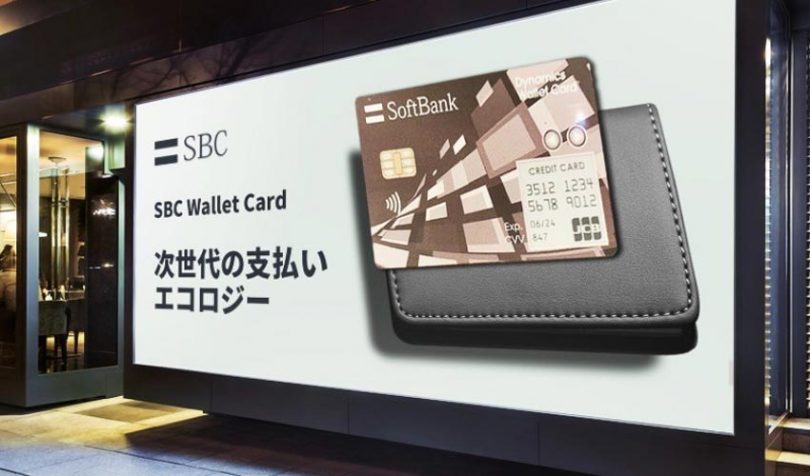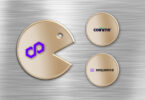Today
SoftBank Card (SBC) announced a Wallet Card, a special kind of debit card which has embedded IoT chips to make it smart. It includes both conventional prepaid debit card functionality as well as a blockchain wallet – both a hot and cold wallet version depending on whether WiFi is enabled. Apart from WiFi, which can be switched on and off, the debit card includes a battery, programmability and a small on-card display.
Update: SoftBank has informed Ledger Insights that this is not an official SoftBank Corp announcement. We contacted SoftBank before publishing this article but did not receive a response until a day later. The email response from SoftBank states: “We are not aware of anything written on this article.” The SoftBank press department is still confirming from where the announcement was sent.
End
US company
Dynamics developed the underlying card technology and a version without the blockchain wallet was deployed earlier this year by SoftBank-owned Sprint. According to Crunchbase, Dynamics raised $110 million to date, with the last funding round in 2014. Mastercard is one of its investors.
Article continues …
Want the full story? Pro subscribers get complete articles, exclusive industry analysis, and early access to legislative updates that keep you ahead of the competition. Join the professionals who are choosing deeper insights over surface level news.
Image Copyright: SoftBank







